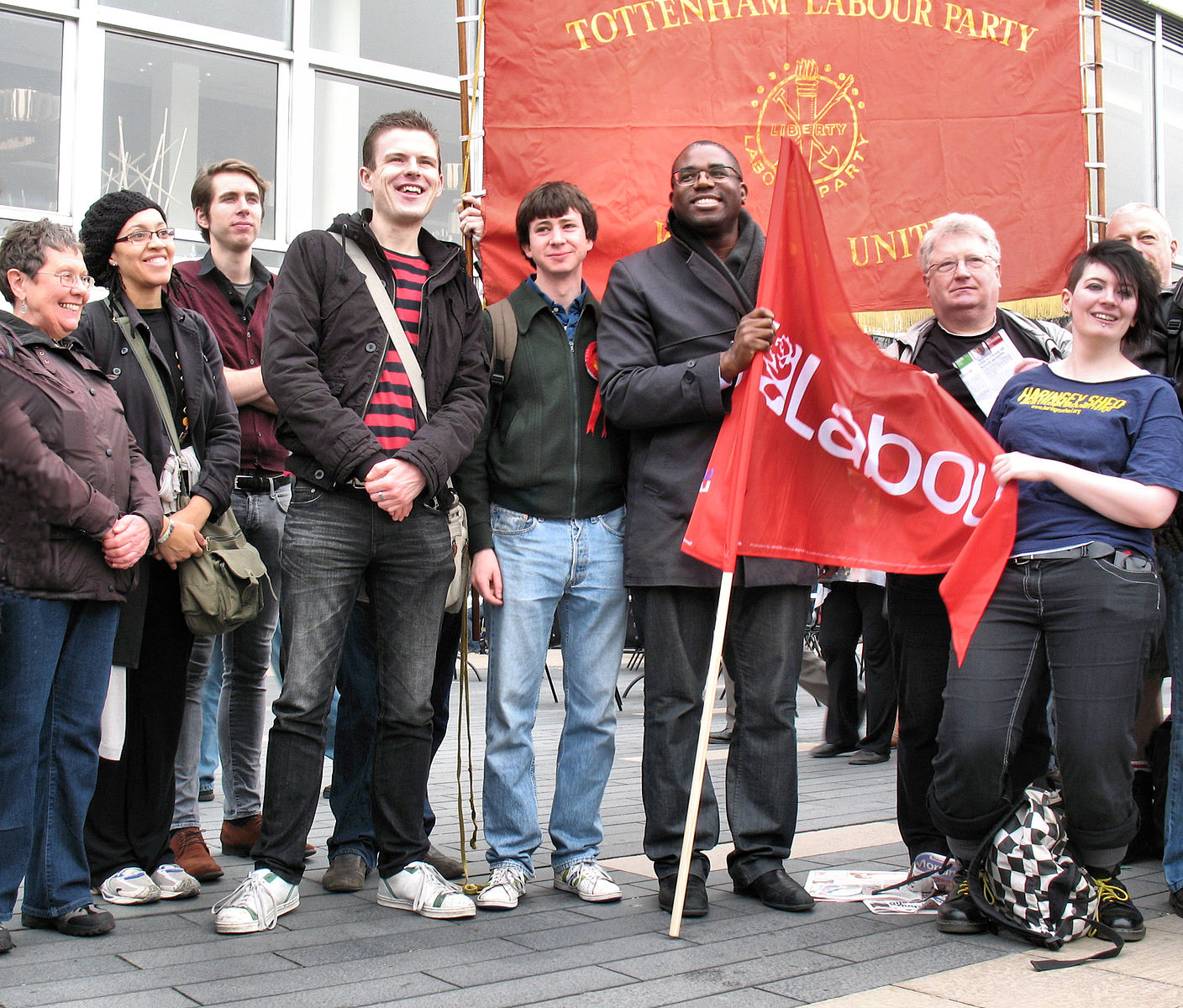The Labour Party’s ambitious proposal for the U.K.’s international future

David Lammy (center) preparing to march with other Labour Party members in London in 2011
Jacob Sagers – Recent polling in the United Kingdom shows that the Labour Party is heading towards a resounding victory in parliamentary elections for the first time since 2005. The elections are expected by January 2025, as the Conservative Party has dominated Britain’s politics for the past decade. However, problematic economic policy, declining public spending, and challenges posed by Brexit have changed the U.K.’s political landscape to favor the Labour Party. The party’s presumptive Foreign Secretary – David Lammy – proposed potential changes to the United Kingdom’s foreign policy given the shifting domestic landscape. Coined “Progressive Realism,” Lammy hopes to strengthen trans-Atlantic ties with the United States, regardless of the 2024 presidential election’s results, raise the U.K.’s military spending, and improve security ties with the E.U. to empower, benefit, and secure the U.K. While lofty, his goals highlight a Western World whose geopolitical codes are becoming increasingly militarized.
Geopolitical codes, or the way a country identifies allies, labels enemies, and positions itself through actions and justifications within the global community, direct state actions and inform foreign policy. The U.K. has seen a rapid shift in geopolitical codes over the past decade as Brexit severed ties with the European Union and complicated relations with other European countries in favor of economic autonomy and stronger relations with the United States and the Commonwealth. Lammy’s new proposals seek to continue these changes by reasserting the U.K. as a leading regional power in Europe and growing global power through various mechanisms. Most striking is Lammy’s openness to building a relationship with a Trump administration despite his connections with the Democratic Party and Barrack Obama. Trump’s past clashing with the Conservative and Labour Parties also highlights the discrepancy. Lammy explains that he resonates with some Republican figures in the U.S. because: “…we’re both quite strong Christians and we both share quite a tough upbringing.” As part of his ambitious plan to strengthen relations, he hopes to increase the U.K.’s defense spending to 2.5%, pressure other NATO powers to meet the 2% threshold, and develop interpersonal relations among leaders. His geopolitical code with the U.S. could strengthen the U.K.’s global influence and power, but regionally he faces a different challenge: the European Union.
Brexit’s messy breakup shattered decades-long tradition between the U.K., France, Germany, and other European countries. Sour sentiments still exist, challenging security and economic relations between the U.K. and E.U. Lammy identifies that the U.K. needs to rebuild trust with the E.U. urgently because China occupies most U.S. attention and Europe is increasingly left alone to face Russia and other adversaries. Excluding an emergency, whether this can be achieved by a single minister in a few short years appears unlikely. Overall, however, Lammy’s Progressive Realism seeks to reassert the U.K.’s influence worldwide for its survival, security, and benefit. His geopolitical code and foreign policy will not upend the entire status quo, as the Labour Party appears to largely remain in step with the U.S. and Conservative on Iran, Palestine, and Israel, but will reexamine the U.K.’s role in the global community. If David Lammy can achieve his ambitions, the United Kingdom’s tumultuous past decade should stabilize its international relations and empower the country. Hopefully, the U.K. can become a power that can handle an incoming decade of new obstacles.
Picture Credit: Photo distributed under Creative Commons Attribution-Share Alike 2.0 Generic License. Source.

